Vietnam's rise from the hardships of war and a planned economy in the past has been remarkable, with improvements in living standards and international standing.
The Hong Kong Special Administrative Region (China) has been involved in this transformation, serving as a bridge to the world’s best practices in most economic sectors. Notably, Hong Kong’s technical and knowledge support for the development of Vietnam’s financial market is prominent. Recently, many important conferences have been held to assess the progress and plan for one of the most significant steps in the development of Vietnam’s capital market, which is the establishment of international financial centers in Ho Chi Minh City and Da Nang.
The idea of an international financial centre has been around for a long time, but it was given a further boost with the Politburo ’s Notice No. 47-TB/TW dated November 15, 2024 on the development of a regional and international financial centre in Vietnam. Many other decisions have been issued at different levels to implement the Politburo’s Notice, and each step has received direct or indirect attention from the financial sector of the Hong Kong Special Administrative Region.
From the perspective of the Hong Kong Special Administrative Region, there are many challenges for an international financial centre anywhere, but Vietnam is still the right location.
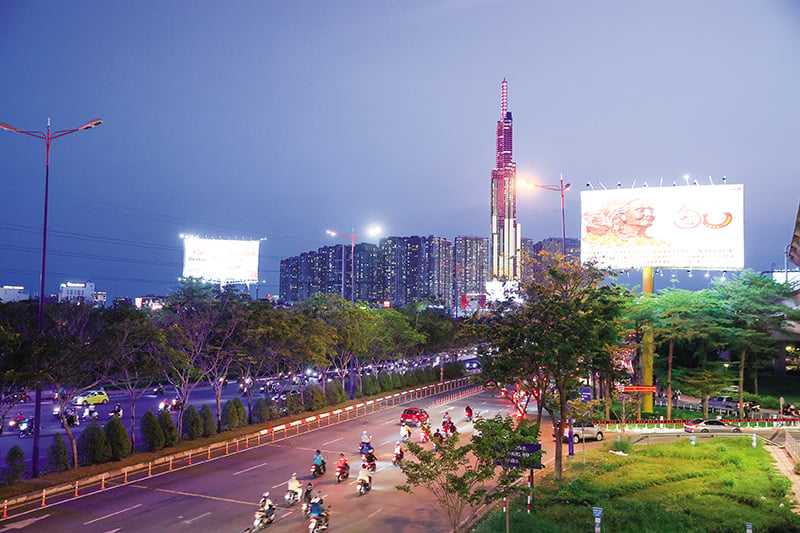 |
| Ho Chi Minh City is considered a suitable place to build an international financial center. Photo: Duc Thanh |
Learning from Hong Kong to build a financial future
As Vietnam moves towards its vision of making Ho Chi Minh City an international financial hub, there is much to learn from the experience of Hong Kong Special Administrative Region.
Recognized as one of the world’s leading international financial markets, Hong Kong has built a robust capital market structure that enables local and foreign companies to raise capital efficiently and compete globally. Vietnam can learn valuable lessons from Hong Kong’s experience, especially in the three fundamental areas that have helped Hong Kong rise, including a strong legal and regulatory framework; a liquid capital market; institutional support for human resource development; and an environment that fosters innovation.
Strong legal and regulatory framework
One of the foundations of Hong Kong’s success lies in its well-established legal and regulatory environment. Based on the common law system, Hong Kong’s transparent and independent judiciary instills confidence in market participants. Regulatory bodies such as the Securities and Futures Commission (SFC), the Hong Kong Monetary Authority (HKMA), and the Independent Commission Against Corruption (ICAC) operate with autonomy and professionalism, ensuring a level playing field, protecting investors and curbing corruption.
 Finding a unique position in the world of competitive financial centres is not easy in a rapidly changing environment, but Vietnam has areas of strength that Hong Kong can effectively support.
Finding a unique position in the world of competitive financial centres is not easy in a rapidly changing environment, but Vietnam has areas of strength that Hong Kong can effectively support. 
To create this environment, Vietnam should continue reforms to strengthen the legal infrastructure for its financial markets, emphasizing regulatory consistency, transparent dispute resolution, and investor protection. The establishment of an autonomous financial regulator dedicated to the capital markets in Ho Chi Minh City and Da Nang could provide the stability and confidence investors seek. Meanwhile, Vietnamese financial services professionals should take advantage of Hong Kong’s recent relaxation of visa procedures for interns and experienced professionals to work in Hong Kong.
Highly liquid capital market
The Hong Kong Stock Exchange (HKEX) is one of the world’s largest by market capitalization and is renowned for its initial public offerings (IPOs), particularly from mainland China and Southeast Asia. Hong Kong’s unique selling points include its multi-currency settlement system, open capital flows, and ability to accommodate both traditional and emerging financial instruments – from equities and real estate investment trusts (REITs) to green bonds and digital assets.
HKEX also pioneered connectivity programs (such as the stock and bond clearing program) to facilitate cross-border access between mainland China and global investors. These mechanisms increase liquidity, market depth and regional financial integration. This type of program, especially in the context of Vietnam's international financial center, can open up a channel of cooperation between the Vietnamese and Hong Kong capital markets.
Hong Kong can bring more opportunities for cooperation with Vietnam by expanding liquidity sources through mechanisms such as dual listing, promoting long-term institutional investors (such as pension funds and insurance funds), upgrading trading, settlement and custody infrastructure. Strategic partnerships with regional exchanges such as Singapore, Shanghai and Tokyo can also facilitate knowledge transfer and cross-listing, enhancing the image of Ho Chi Minh City.
Support innovation
Hong Kong has positioned itself as one of Asia’s leading fintech platforms and can contribute to Vietnam’s desire to learn from its burgeoning fintech sector. The HKMA has launched its Fintech 2025 strategy, encouraging banks to adopt a comprehensive digital strategy while building infrastructure such as the Fast Payment System (FPS) and the Fintech Supervisory Sandbox. In addition, initiatives such as the InnoHK Research Cluster promote research and development (R&D) in the fields of artificial intelligence, blockchain and green finance. Each of these areas could be useful for Ho Chi Minh City as it develops its own international financial centre.
To take advantage of those opportunities, Ho Chi Minh City should continue to support digital economic development, take advantage of its young and tech-savvy population, create a regulatory sandbox to test new technologies, promote digital payment systems, and provide guarantee or co-investment programs for startups and SMEs that can drive innovation.
Towards the Future: The Road to Becoming an International Financial Center
Vietnam’s strong economic growth trajectory, youthful population and growing integration into regional and global trade provide a solid foundation for an international financial centre project in Ho Chi Minh City. However, achieving international financial centre status requires more than infrastructure, such as long-term policy coherence, legal certainty and a reliable dispute resolution mechanism. Finding a unique position in the world of competing financial centres is not easy in a rapidly changing environment, but Vietnam has areas of strength that Hong Kong can effectively support, such as agricultural trade finance in the Mekong Delta, domestic futures markets and infrastructure funds. Leveraging the Hong Kong model, including a rules-based environment, diversified financial services and a commitment to innovation, Vietnam can build its own roadmap that suits its unique advantages, while continuing to climb the global stock market rankings.
Given the importance of “people-to-people” interactions in all these opportunities, one of the most practical improvements in Vietnam-Hong Kong financial linkages will come from the recent relaxation of visa requirements for Vietnamese citizens wishing to study and work in Hong Kong. Together with the opportunities outlined above, the outlook is indeed encouraging. As much of the world seeks to build resilience to uncertainty, Ho Chi Minh City’s success as a regional financial hub will not only serve national development goals, but also contribute to regional prosperity. Experience and partnerships from Hong Kong can play a key role in making that vision a reality.
Source: https://baodautu.vn/xay-dung-trung-tam-tai-chinh-quoc-te-goc-nhin-tu-hong-kong-d271872.html


![[Photo] Top players gather at the 2025 Nhan Dan Newspaper National Table Tennis Championship](https://vphoto.vietnam.vn/thumb/1200x675/vietnam/resource/IMAGE/2025/5/23/9ad5f6f4faf146b08335e5c446edb107)

![[Photo] Anh Hoang - Dinh Duc successfully defended the men's doubles championship of the National Table Tennis Championship of Nhan Dan Newspaper](https://vphoto.vietnam.vn/thumb/1200x675/vietnam/resource/IMAGE/2025/5/23/d6ab3bcac02c49928b38c729d795cac6)











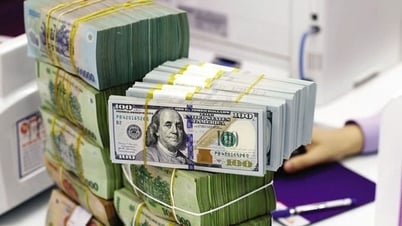






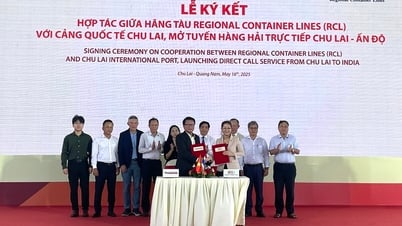























































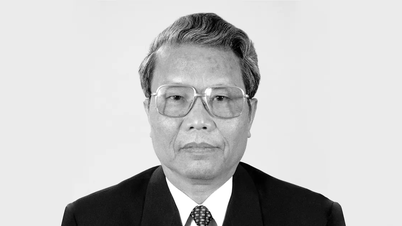

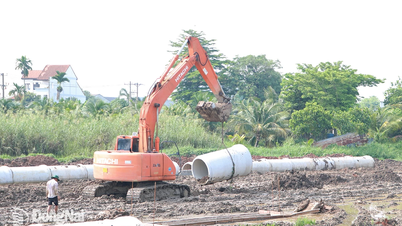












Comment (0)